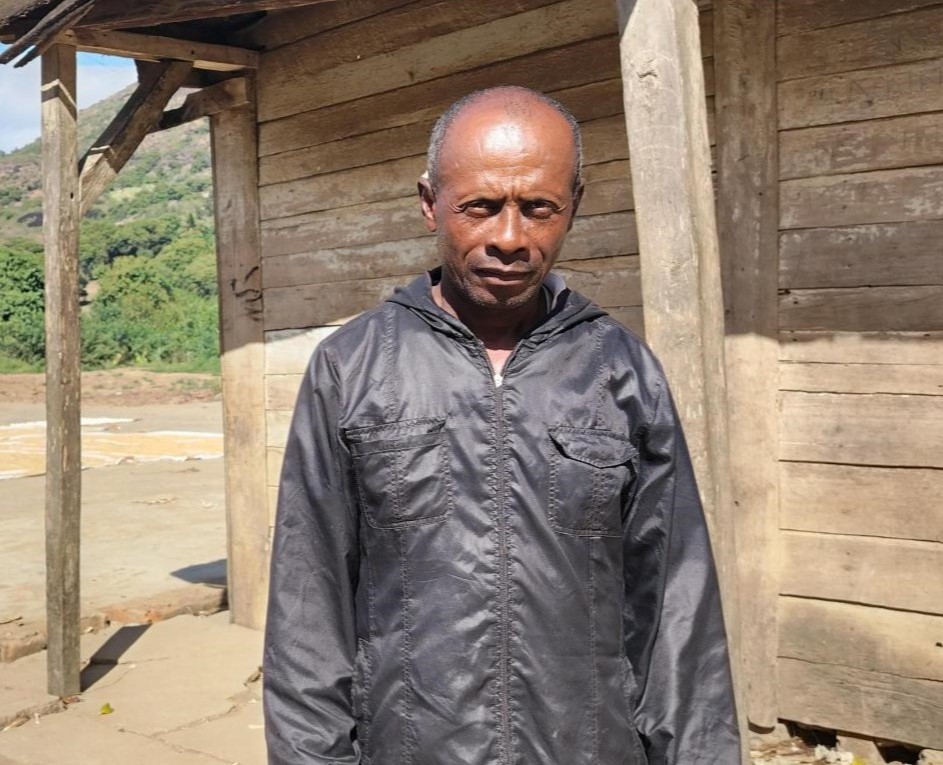Before the implementation of the BIOCOM project (Biodiversity Conservation and Sustainable Management of Natural Resource for Integrated Community Development in Madagascar National Parks), Jaona Solo and other residents around Andohahela National Park faced a major problem: insufficient water for irrigating their land.
« I have 5 hectares of arable land, but due to the water shortage, I could only farm 3 hectares. With a production of less than 500 kg, the yields were insufficient. We were forced to resort to other activities to meet our needs. We relied heavily on the forest’s resources, to the detriment of preserving its resources: slash-and-burn farming, logging, » says Jaona, 56, a farmer living in the fokontany of Erara, Isaka-Ivondro Rural Commune, Fort-Dauphin City, Anôsy Region, Madagascar.
The BIOCOM project
The BIOCOM project (Biodiversity Conservation and Sustainable Management of Natural Resources for Integrated Community Development in Madagascar’s National Parks), funded by the Korea International Cooperation Agency (KOICA), aims to conserve the outstanding universal value of Marojejy National Park and Andohahela National Park in the Atsinanana rainforests, which have been on the World Heritage List in Danger since 2010 due to various anthropogenic pressures. The project also aims to safeguard the protected harmonious landscape of the Montagne des Français.

